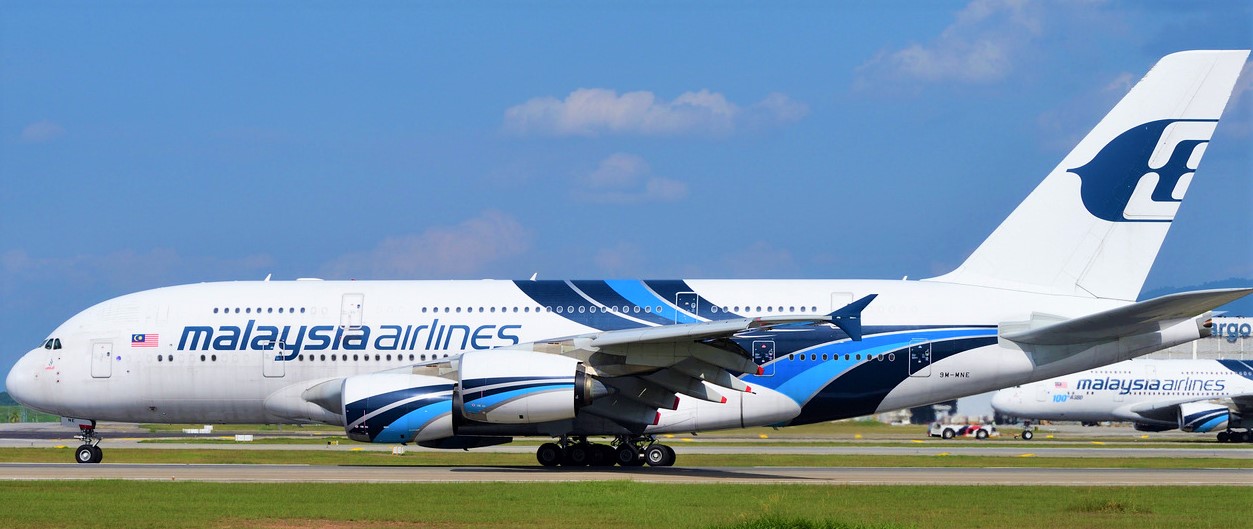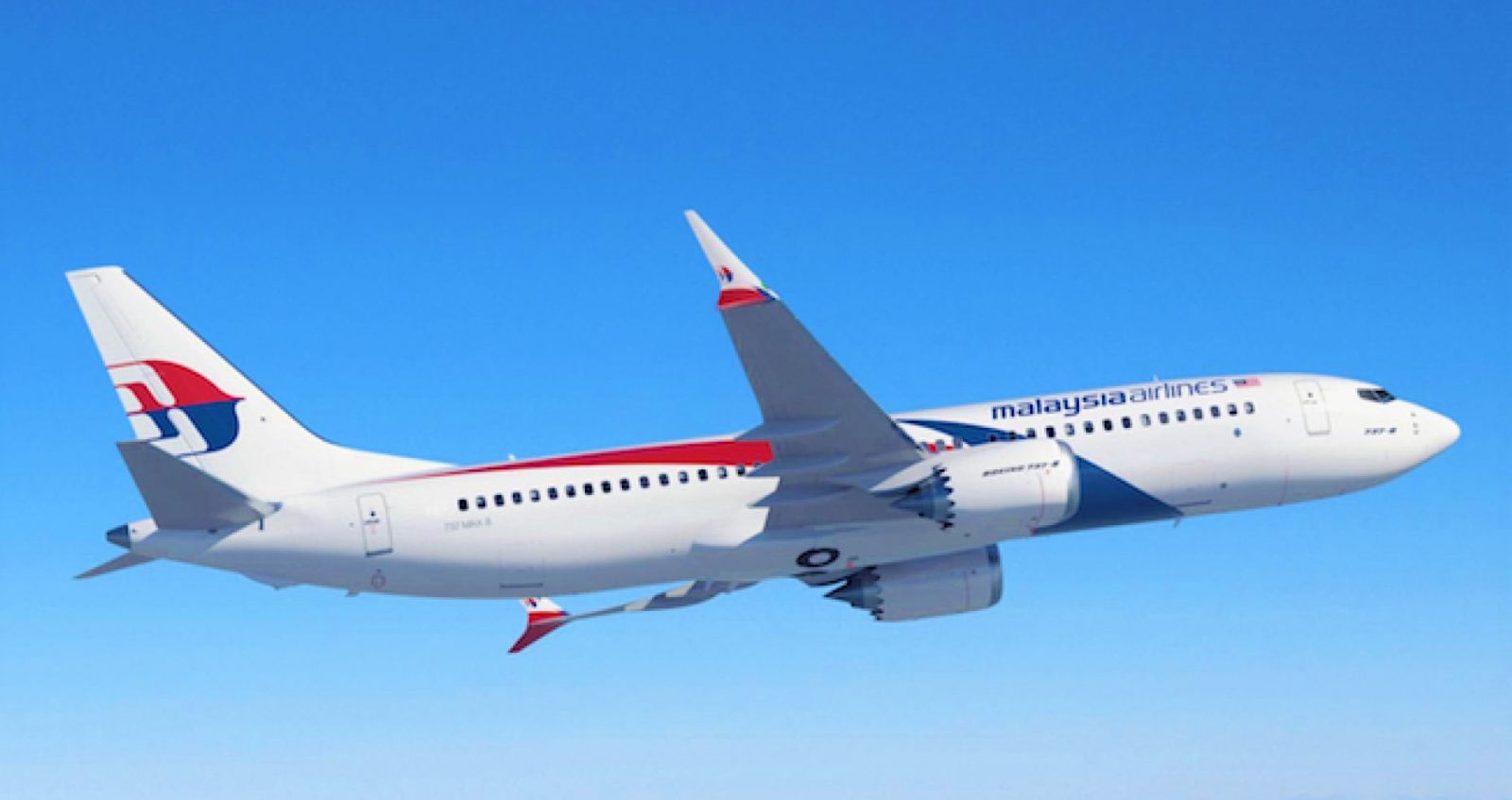


Market Player Emirates is yet to take five more Super Jumbo - A380 delivery from Airbus, but some others Like Qatar airways term it as Fuel guzzlers.
Malaysian airlines is the newest addition to be convinved that, A380 is not for them , and the company is finding ways to phase out at earliest.

Reported by Reuters , Malaysia Aviation Group (MAG), promoter of Malaysia Airlines, said on Tuesday it would take delivery of Boeing 737 MAX jets from 2024, though the airline group plans to retire its Airbus A380 fleet in the coming months.
MAG is exploring ways to dispose of its Airbus SE A380 fleet, although it has yet to present a proposal to its board.
"We are cognizant of the challenges to sell this aeroplane, but we are still looking at ways and means to dispose of our 380 fleet. At the moment, the management is convinced that the 380 doesn't fit the future plan," he said, referring to the Airbus aircraft.
In another update, Malaysian Airlines has agreed with Boeing to take delivery of its orders from 2024, over a course of three to four years, Group Chief Executive Captain Izham Ismail said in a virtual press briefing.
"We're committed to take the MAX's delivery in 2024, but we are also exploring the possibility of taking it earlier," Izham said, adding that he hopes issues regarding the 737 MAX would be resolved by then and consumer confidence gets restored soon.

MAG was originally scheduled to take delivery last July, but the 737 MAX was grounded worldwide after two crashes, and several airlines and lessors cancelled orders of the jet.
The airline group is restrategising its business to position itself as a global travel group, becoming a "one-stop centre for all travel needs" and expanding beyond the airline business.
You would like to read.....
MAG expects its non-flying revenue to accelerate by 60% to 4 billion ringgit ($972 million) by 2025.
Under the debt restructuring process, MAG said it secured savings in liabilities worth 15 billion ringgit, and conserved 4.2 billion ringgit through network cuts and cost saving.
The group forecasts capacity at about 63% of pre-crisis level by the end of this year, Izham said, adding that it expects to break-even and become cash flow-positive in 2023.
